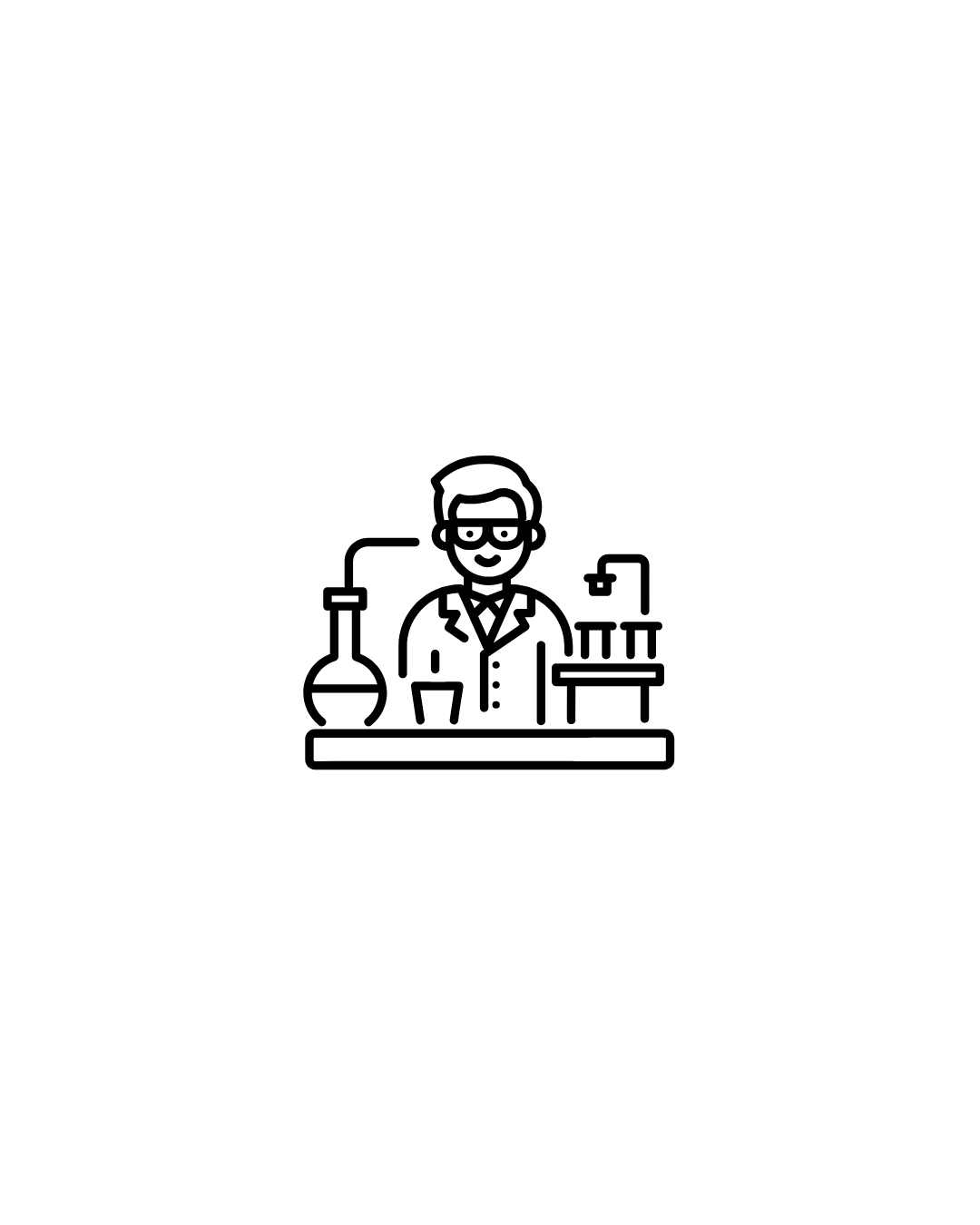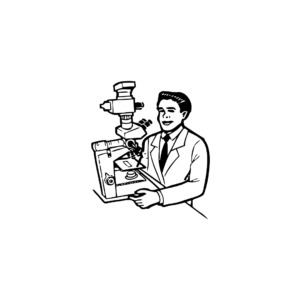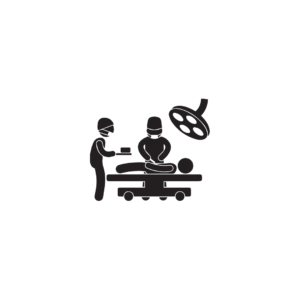Description
Overview of Certificate Course in Medical Lab Technology (MLT)
The Certificate Course in Medical Lab Technology (MLT) is designed to prepare students for a career in the healthcare sector, focusing on laboratory diagnostics and techniques. This program equips students with the essential skills to perform laboratory tests, analyze samples, and manage laboratory operations. Medical laboratory technologists play a critical role in the healthcare system by providing vital information that aids in the diagnosis, treatment, and management of diseases.
Core Areas of Study in the MLT Certificate Course
Introduction to Medical Lab Technology
Overview of the role of medical laboratory technologists and their significance in the healthcare delivery system.
Basic Anatomy and Physiology
Fundamental understanding of human anatomy and physiology, focusing on systems relevant to laboratory tests and diagnostics.
Laboratory Safety and Ethics
Training in laboratory safety protocols, infection control, and ethical practices in laboratory settings.
Clinical Hematology
Study of blood and its components, including techniques for performing complete blood counts (CBC), blood typing, and coagulation tests.
Clinical Biochemistry
Understanding biochemical tests and analyses related to metabolic function, enzyme activity, and serum electrolyte levels.
Microbiology
Techniques for isolating and identifying pathogens, understanding infection control, and conducting sensitivity testing.
Immunology and Serology
Principles of immune system function, antibody testing, and the significance of serological tests in disease diagnosis.
Laboratory Management and Quality Control
Basics of managing a laboratory environment, including quality assurance practices, equipment maintenance, and inventory management.
Curriculum Structure
A typical Certificate Course in Medical Lab Technology may include:
Core Courses: Detailed subjects covering hematology, biochemistry, microbiology, and laboratory management.
Laboratory Practicum: Hands-on experience practicing laboratory techniques, using equipment, and following safety protocols.
Clinical Experience: Opportunities to work in hospital laboratories or diagnostic centers to gain practical experience in real-world settings.
Admission Requirements
Admission to a Certificate Course in Medical Lab Technology typically requires:
A high school diploma or equivalent, with preferred coursework in biology, chemistry, and mathematics.
Some programs may require an entrance assessment or interview to gauge applicant suitability.
Skills Developed in the MLT Certificate Course
Graduates of the Certificate Course in Medical Lab Technology will develop essential skills, including:
Technical Proficiency: Ability to perform a range of laboratory tests accurately and efficiently, using standardized procedures.
Analytical Skills: Competence in analyzing test results and understanding their implications for patient care.
Equipment Operation: Skills in operating and maintaining laboratory equipment, ensuring proper calibration and functionality.
Attention to Detail: Strong focus on detail to ensure accuracy in testing and reporting results.
Communication Skills: Ability to effectively communicate findings to healthcare professionals and collaborate within a healthcare team.
Career Opportunities
Upon completion of the Certificate Course in Medical Lab Technology, graduates can pursue various entry-level positions, including:
Medical Laboratory Technician
Conducting laboratory tests, analyzing samples, and ensuring accurate reporting of results in clinical settings.
Laboratory Assistant
Supporting laboratory technologists with sample processing, data entry, and maintaining laboratory supplies.
Phlebotomist
Specializing in blood collection techniques and managing sample transportation for laboratory analysis.
Quality Control Analyst
Ensuring the quality and integrity of laboratory processes, implementing quality assurance measures.
Conclusion
The Certificate Course in Medical Lab Technology equips students with the technical knowledge and practical skills necessary for a rewarding career in laboratory diagnostics. Graduates are instrumental in supporting clinical decision-making and enhancing patient care through accurate laboratory services. If you have any further questions about the Certificate Course in Medical Lab Technology or related topics, feel free to ask!









